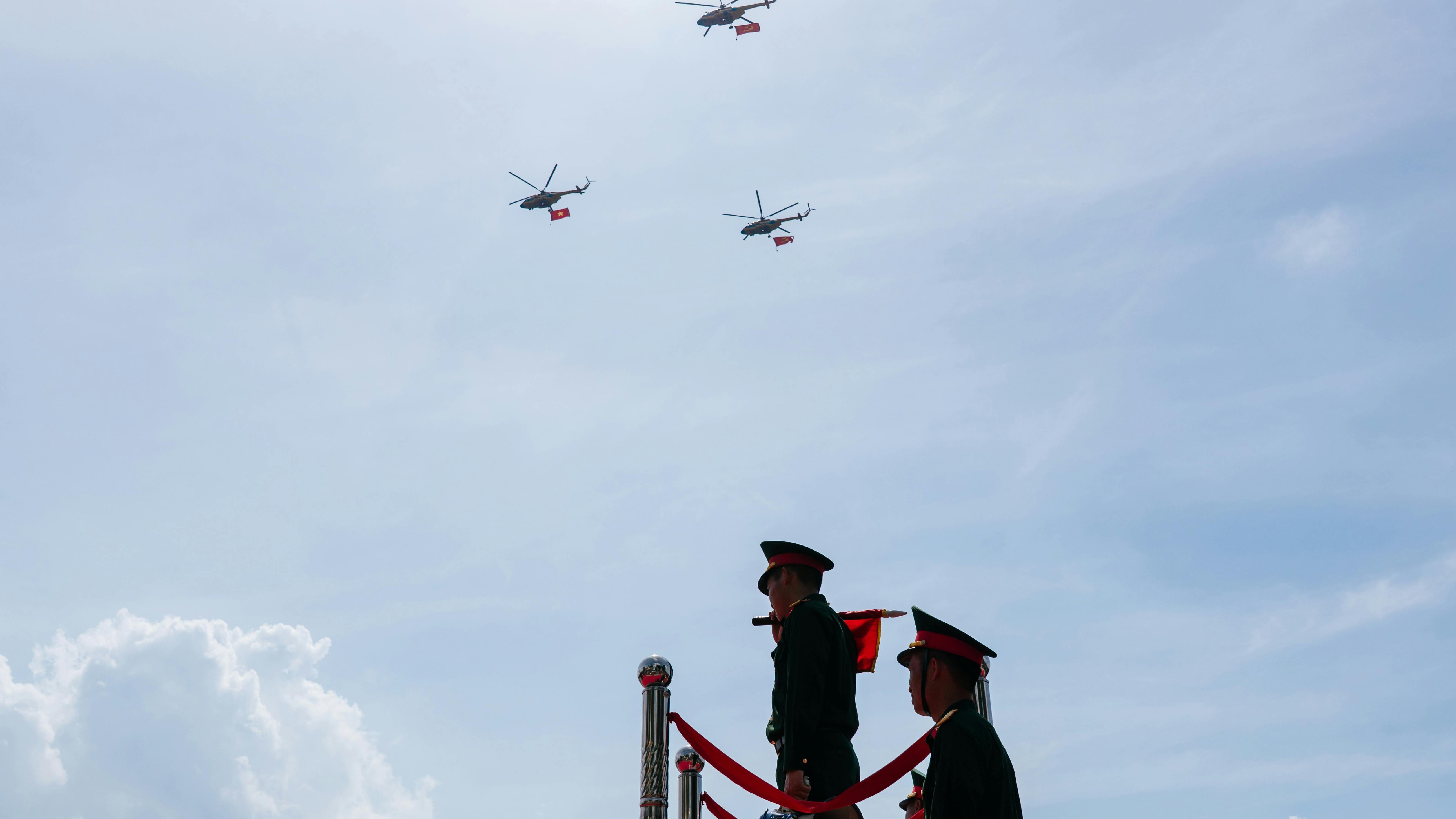
Unlocking Leadership Potential: Insights from the Command Assessment Program
In recent discussions surrounding military leadership, the Army's Command Assessment Program (CAP) emerges as an integral approach in reshaping how future leaders are identified and nurtured. As highlighted in the latest episode of the From the Green Notebook podcast, Bob O’Brien, the Army's lead for CAP, elaborated on the innovative assessment process designed to go beyond traditional metrics. Fascinatingly, this system captures over 1,800 data points for each candidate, offering a multifaceted view of their leadership capabilities. This extensive data-driven analysis provides a more comprehensive understanding of a candidate’s potential, which is vital in today's fast-paced and often unpredictable military environment.
Self-Awareness: The Core of Effective Leadership
One of the keys to successful leadership under the CAP is fostering self-awareness among candidates. Military leaders often face high-pressure scenarios that demand acute decision-making skills and a clear understanding of one’s strengths and weaknesses. Bob emphasizes that the journey begins with self-reflection, guiding candidates to assess their leadership styles actively. The notion of being “Not Yet Certified” resonates deeply; it reflects a growth mindset, where candidates can acknowledge gaps in their skills while striving for improvement, embodying the essence of lifelong learning crucial for both military and civilian roles.
Breaking Down Myths: What CAP Isn’t
An enlightening part of O’Brien's discourse involves debunking myths prevalent in military circles about the Command Assessment Program. Contrary to popular belief, CAP isn't merely a rigorous evaluation tool; it’s a platform for personal development that emphasizes support and guidance over judgment and scrutiny. Understanding this can alleviate the apprehension many leaders feel toward assessments, encouraging a culture of growth rather than fear of failure.
Lessons for Business Leaders: Military Principles in Corporate Success
This exploration into military leadership provides invaluable insights for business leaders as well. The principles inherent in CAP—self-awareness, data-driven decision-making, and continuous improvement—are universal tools that enhance organizational effectiveness. As businesses navigate a landscape shaped by complexity and uncertainty, integrating military leadership styles can foster resilience and adaptability among teams, preparing them for both challenges and opportunities.
Preparing for Success: Strategies for Upcoming CAP Candidates
For those positioned to navigate the Command Assessment Program, preparation starts early. Candidates are encouraged to seek executive coaching and explore developmental tools that enhance their leadership capabilities. As Bob discusses, journaling can serve as a powerful tool for reflection, allowing candidates to monitor their growth trajectory and prepare mentally for the challenges ahead. Being proactive in this journey not only sharpens necessary skills but also cultivates a mindset geared towards success.
Reflecting on Leadership Principles in the Armed Forces
At its core, the Command Assessment Program is about honing the art of military leadership—an art characterized by courage, strategic foresight, and unwavering commitment to service. Through initiatives like CAP, the Army aims to honor military valor stories by developing leaders who will continue to contribute to the legacy of heroism that defines the armed forces. As service members and veterans stand on the front lines of this transformative process, the value of shared experiences becomes apparent, as does the importance of capturing and disseminating military leadership stories that will inspire generations to come.
As you reflect on the insights from this discussion, consider how the rigidity of traditional leadership models can evolve. Whether you’re an active duty service member preparing for CAP or a corporate leader seeking inspiration from military methodologies, the lessons derived from CAP emphasize a universal truth: effective leadership springs from a foundation of self-awareness, continuous improvement, and data-driven insights.
To further embrace the continuous development of military-leadership principles, take action today by exploring additional learning resources like My Green Notebook: “Know Thyself” Before Changing Jobs to effectively prepare yourself or those you mentor for future leadership opportunities.
 Add Row
Add Row  Add
Add 




Write A Comment